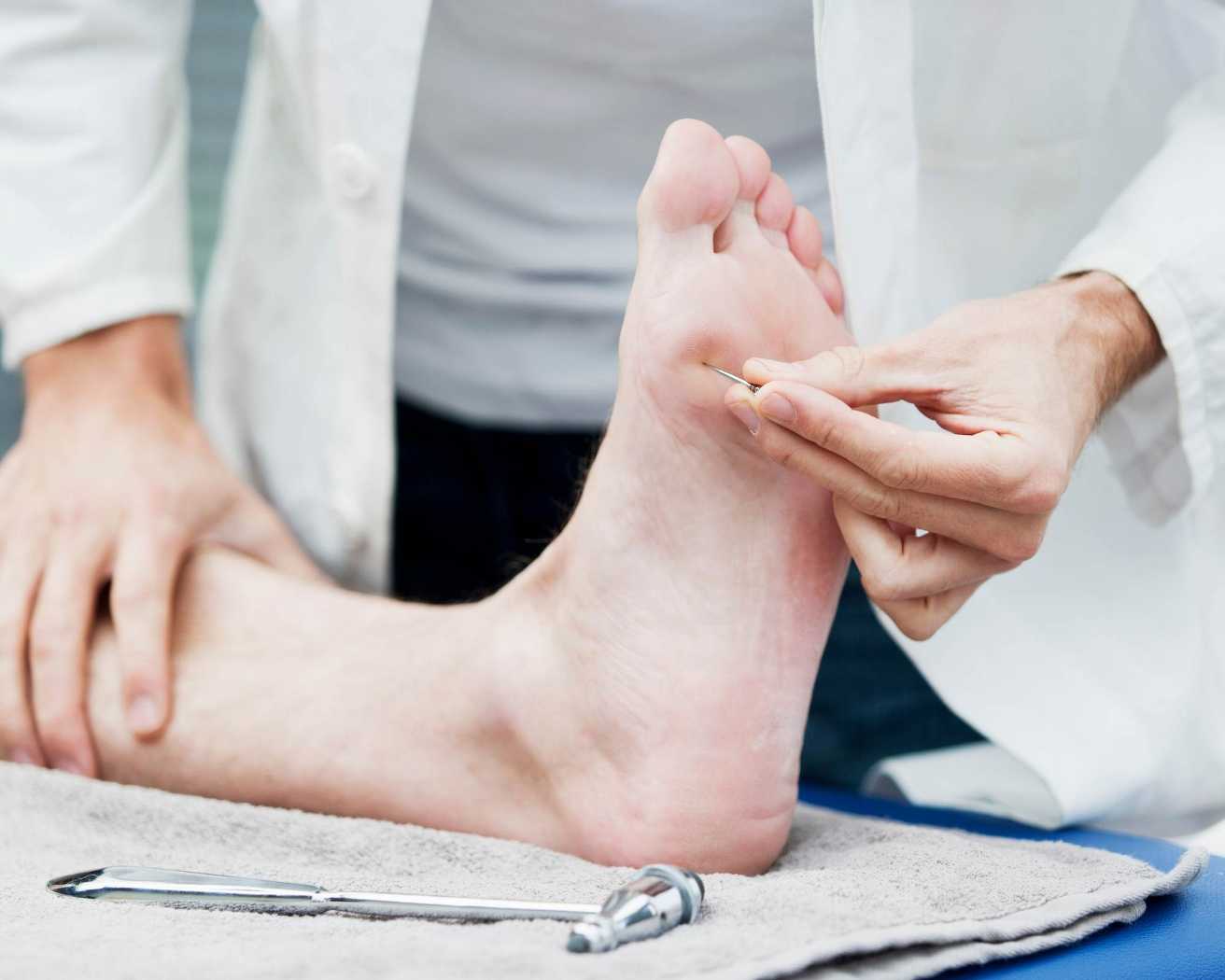Vaginal hygiene practice is an everyday routine practice for women of reproductive age to keep their vagina clean and infection-free. Let us delve deep and see in this post about the standards one should follow and what to avoid to maintain the cleanliness of the vagina.
Good vaginal hygiene practice
Vagina has an innate self-defense mechanism to protect itself from various infections by maintaining the acidic pH (3-4) and colonizing good bacteria (mostly lactobacilli). A slight disturbance in the vaginal pH can affect the total protective environment of the vagina, so be aware of what gets inside your vagina.
Vaginal discharge is mostly normal in women, but there will be abnormal vaginal discharge in certain conditions, which notify us of something fishy inside the private parts.
Vaginal hygiene education is more important with prepubertal girls and women of all ages to know what to do and what not.
Washing your vagina
- Wash your hands before cleaning the vagina.
- Do not wash the inside area of the vagina in the name of cleaning. Clean the outside and surrounding vaginal parts without disrupting the vaginal flora inside.
- Even if you hop shower, wash the vagina with warm water every day using hypoallergenic liquid having pH 4-5.
- Avoid using sponges or flannels. Just use your hand and gently pat dry with a soft towel.
- Avoid using soaps, bubble baths, scrubs, baby wipes to clean the vagina.
- Use any safe method for pubic hair removal. Instead of shaving, trim the hair carefully with a scissor to avoid allergy and scarring.
- Washing the genitals from front to back is very important after sexual intercourse and using the toilet.
Enhance your INNER health
- Wear white or light-colored underwear because dark textured underwear soaked in dyes (black, navy) may cause allergy in the genital area.
- Wear loose-fitting cotton fabricated underwear. Change your panties at least two times a day and after exercise.
- Avoid using panty liners regularly, which may increase the temperature and skin surface moisture.
- Change sanitary pads and tampons frequently during menstruation. Don’t wait till the napkin brimmed with discharge.
Read our detailed article on Vaginal Discharge
General tips for vaginal hygiene
- Vaginal douching is common these days in women. There is no substantial evidence that vaginal douching confers significant reproductive health benefits; on the contrary, it alters the normal vaginal flora and attracts infections.
- Don’t self-treat yourself on noticing abnormal vaginal discharge. It may be due to any reason; please consult your ob-gyne to find the exact cause.
- If you preferred to use vaginal products for cleansing, try lactic acid plus lactoserum liquid soap. The product may help to prevent recurrence of bacterial vaginosis in women, say studies.
Probiotics for vaginal health
Probiotics are live good bacterias and yeast living in our body and help us eliminate harmful bacteria.
The familiar places these microorganisms present in our body are
- Gastro intestinal tract
- Mouth
- Vagina
- Lungs
- Skin
You can take probiotics from an outside source from foods & supplements which confer specific health benefits to our body.
The use of probiotics for vaginal health as vaginal suppository capsules is common practice among women these days.
However, studies reveal that the use of probiotics as adjuvant therapy for vaginal infections could only provide a short-term cure and decrease the relapse rate of vaginal infections at one month. We still didn’t have any substantial evidence of a long-term clinical cure for vaginal infections using probiotics.
Avoid using vaginal health & hygiene care products
The use of vaginal health and hygiene care products among young people is on the rise. These products include
- Douches
- Wipes
- Vaginal washes & sprays
- Powders
- Moisturizers (or) lubricants
- Deodorants
- Suppositories
- Shaving cream
- Hair removal creams
- Anti-itch creams
In a recent study, a report has come to light that people using vaginal health & hygiene products have three times higher odds of reporting vaginal infections.
Do's and Don'ts in vaginal hygiene
Do’s & Don’ts to keep your Vagina Clean and Healthy | |
Do’s | Don’ts |
Wash the vagina with warm water using hypoallergenic liquid having pH 4-5. | Don’t use soaps, bubble baths, scrubs, and baby wipes to clean the vagina |
Wear loose-fitting cotton fabricated underwear. Change it twice a day and after exercise | Avoid tight-fitting clothes |
Choose white or light colour underwear | Dark colour underwear may be soaked in dyes that cause allergy in the genital area. |
Change sanitary pads and tampons frequently during menstruation | Vaginal douching is not recommended |
Use scissors to trim your pubic hair | Don’t use razors or shave the pubic hair completely |
Wash your hands before cleaning the vagina | Do not wash the inside vaginal area with an antiseptic or soap; it may disrupt the natural vaginal flora. |
Wash the private part from front to back after sexual intercourse and using the toilet | Avoid using sponges and flannels. Just use your hand. |
Why reproductive health and sex education is important?
Awareness of reproductive health and sex education among female adolescents still lacks in many countries.
According to studies, about one-fourth of young women never talk with anyone about menstruation before they have their first menses, and half of the young men never discussed wet dreams before their first wet dream. Speaking of such issues with others are still considered taboo in certain societies.
Parents are the least person young people approach for sexual and reproductive health information. Moreover, schools only provide limited education on human anatomy and physiology, especially about genitalia and sex.
How many of you have discussed reproductive health and sex education with your children? A very few, I presume.
Lacking adequate information on sexual health may lure young people into accessing diverse mediums to acquire knowledge which are double-edged swords such as the internet, films, and other unreliable sources.
School is the only place that young people can get a reliable source of reproductive health information, said studies.
Young people need more space and educated persons to discuss their bodily changes. Schools should accommodate more basic reproductive health and sex education lessons for adolescents of different ages to understand their genital organs better and maintain personal self-hygiene.
1.Effect of Vaginal Hygiene Module to Attitudes and Behavior of Pathological Vaginal Discharge Prevention Among Female Adolescents in Slemanregency, Yogyakarta, Indonesia
https://pubmed.ncbi.nlm.nih.gov/29282418/
2.Role of female intimate hygiene in vulvovaginal health: Global hygiene practices and product usage
https://pubmed.ncbi.nlm.nih.gov/28934912/
3.Vaginal Hygiene and Douching: Perspectives of Hispanic Men.
https://pubmed.ncbi.nlm.nih.gov/19247860/
4.Probiotics for vulvovaginal candidiasis in non-pregnant women.









